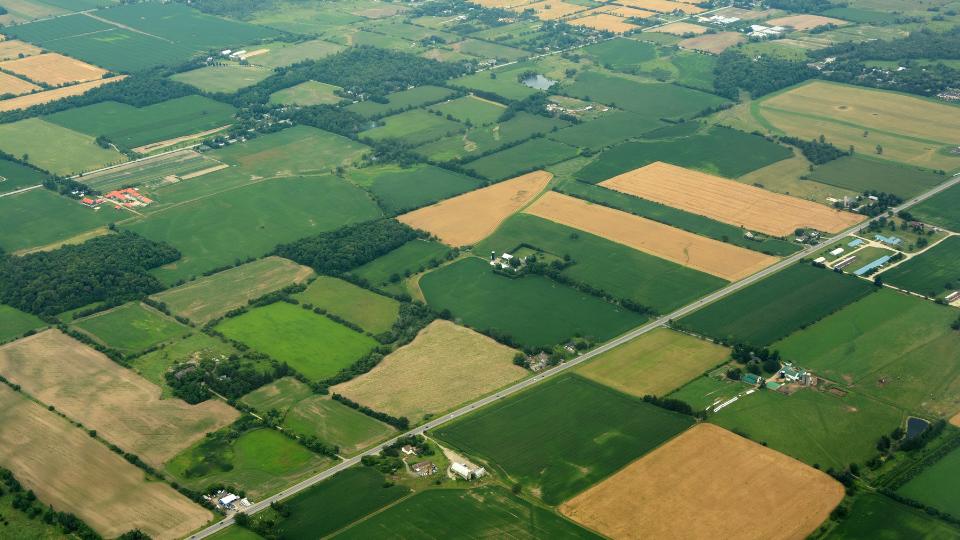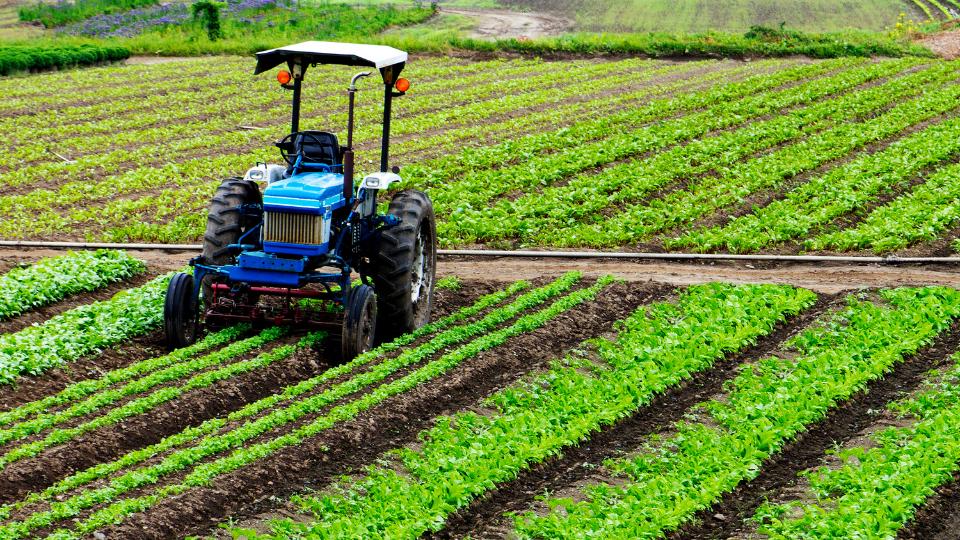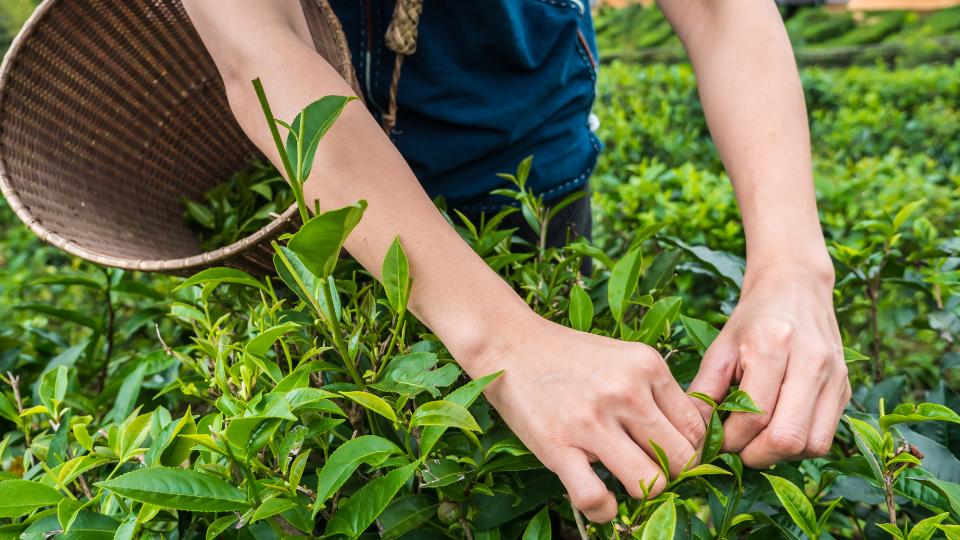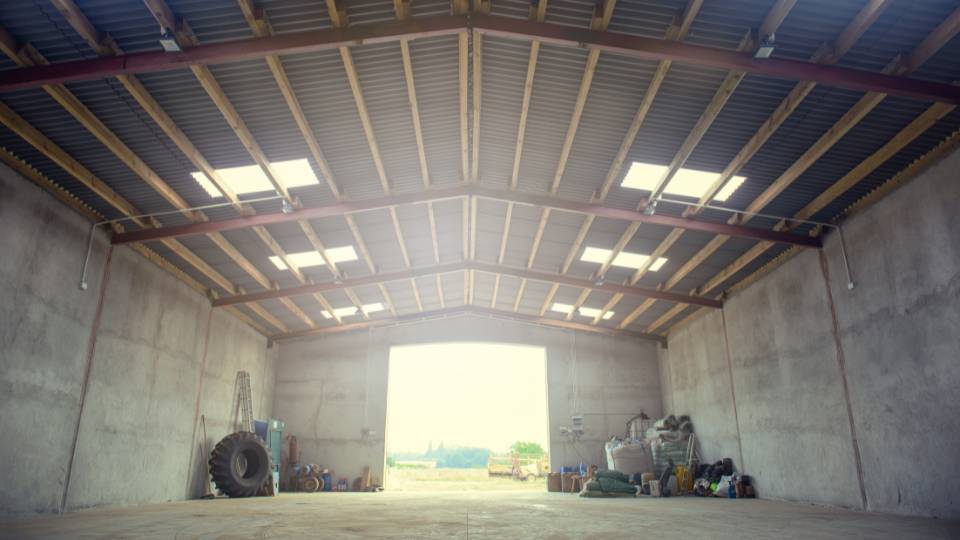
Agricultural waste is an inevitable byproduct of farming activities.
This waste includes materials such as crop residues, manure, pesticides, plastics, and old machinery.
Understanding where this waste goes and how it is managed is crucial for maintaining sustainability in agriculture.
In the UK, various methods are employed to handle agricultural waste, with an increasing focus on sustainability and environmental protection.
Table of Contents
- Agricultural Waste Management Practices in the UK
- Interesting Facts and Statistics about Agricultural Waste
- Conclusion

Agricultural Waste Management Practices in the UK
Recycling and Reusing Agricultural Waste
A significant portion of agricultural waste is recycled or reused.
For instance, crop residues like straw can be used as animal bedding or ploughed back into the soil to improve fertility.
Plastic waste, such as silage wrap, can be collected and processed to create new plastic products.
Composting from Agricultural Waste
Organic waste, including crop residues and manure, is often composted.
Composting converts waste into nutrient-rich compost that can be used to enrich soil, reducing the need for chemical fertilisers.
Anaerobic Digestion
This process involves breaking down organic waste in the absence of oxygen to produce biogas, which can be used as a renewable energy source, and digestate, which can be used as a fertiliser.
The UK has seen a rise in the use of anaerobic digestion, supported by government incentives.
Incineration
Some agricultural waste, particularly plastics and hazardous materials, is incinerated.
This process reduces the volume of waste and can generate energy.
However, it also produces emissions, which need to be carefully managed to minimise environmental impact.
Landfill
While sending waste to landfill is the least preferred option due to its environmental impact, some non-recyclable and non-compostable waste still ends up in landfill sites.
The UK aims to reduce landfill usage through stricter regulations and promoting alternative waste management methods.

Interesting Facts and Statistics about Agricultural Waste
- Volume of Waste: The UK produces around 90 million tonnes of agricultural waste annually.
This includes crop residues, animal manure, and various other forms of organic and inorganic waste.
- Biogas Production: The UK’s anaerobic digestion plants produce enough biogas to power approximately 1 million homes each year.
- Plastic Recycling: Over 40% of agricultural plastic waste in the UK is recycled.
This is a significant improvement, but there is still room for progress to reduce plastic waste further.

Conclusion
Effective management of agricultural waste is essential for sustainable agriculture in the UK.
By employing methods such as recycling, composting, and anaerobic digestion, the UK is making strides in reducing the environmental impact of agricultural activities.
Continued efforts and innovations in waste management will be crucial for a sustainable future in agriculture.







